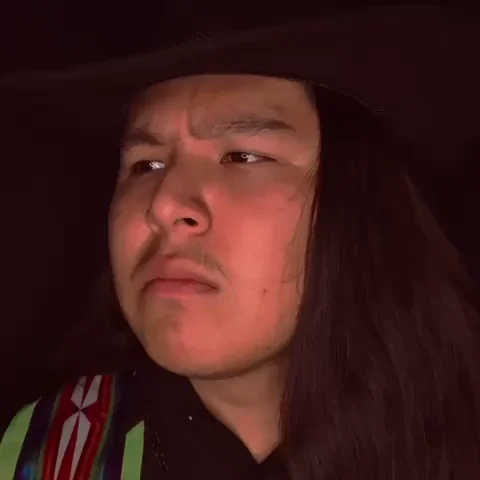Both yes and no - there’s no doubt that the massive growth that third wave represented made ska a lot “whiter” on the surface - in large part because this was when ska really started gaining commercial traction - but on the other hand most of that whiteness was distinctly lower/working class, an intersection that continues to trouble American conceptions of race. Of course there are few today (or even in the 90s) who would argue that for example Irish Americans or Italian Americans aren’t white, there’s still reason to be skeptical of simplistic arguments like third wave and later ska being all that white. After all, a huge part of its adoption by the punk scene is precisely its post-/decolonial ideology, which one could argue has been maintained quite well to this day, even if a lot of new tone ska is radically different from first and second wave ska. I’d say ska today isn’t whiter, it’s just bigger and more diverse - which obviously also includes a lot of white people across socioeconomic strata in a majority white country of 300m+ people. To me, “ska so white” would entail it being stripped of its history and ideology, which isn’t the dominant trend from what I’m seeing at least.
No, which isn’t what I argued? I think that noting that it is whiter and what that means is important here.
Sure, no doubt! But punk in the 80s also had a real problem with race, gender, etc that it was often all to unwilling to take seriously. That’s part of the back ground that the 3rd wave emerged in. And of course, some people who got involved just saw fun music, and not the deeper history of that genre. It was a constant source of tension across the 80s and into the 90s that got further complicated by the mainstream attention that came along with the success of Nirvana and other bands…
Sure, but I’m also not going to just assume that all people playing ska are aware of that history either…
Like all history, it’s complicated!
To be clear, I didn’t say that was what you argued - you responded to me referencing what I see as a broader “argument” in discourse around ska, which was what I kept talking about, using what you said as a touchpoint to being up parts of that discussion I find worth talking about.
It’s definitely incredibly complicated, and the line (if such a thing can be said to exist) between appropriation and a less harmful cultural proliferation is extremely blurry and difficult to pin down. And yes, punk in the 80s and 90s ran the gamut from neo-nazi skinheads to massive commercial enterprises to DIY anarchist protest music - so obviously anything adopted into “that movement” would see a lot of weird and varied permutations.
Still, my impression of the overall adoption of ska into punk is that it was mainly through ideological alignment. But that obviously doesn’t mean those bands were the most successful, as that’s not what capitalism cares about after all.
So I guess what I’m trying to say is that (at least) two things are true at once: there’s a branch of ska(-punk) that has been very much eaten by capitalism, with its attendant performative and toothless “protest” intermittently present, but there’s IMO a much broader base of grassroots-ish (or at least not large scale commercial) ska(-punk) that still holds on to a lot of the ideological underpinnings of the genre and respects its heritage (even while developing the music, often radically), even if many of the performers are white. Which means that yes, it’s whiter in some sense, but at the same time that is too simplistic as an overall description of the genre today - which, again, I’m not claiming that you’re saying, I’m just pointing at that as a general sentiment that I see thrown around a lot.
Clark should have gotten his money back.
Cool! I figured, but I like to make sure my point is clear!

It’s one of the more interesting long-term discussions over popular culture, I’d argue, given how much of our popular music originates in Black cultural forms, despite us living in a white supremacist society.
That was especially true during two-tone for sure. The Specials were especially political motivated, though I’d say Madness was a bit less so?


These are all pretty tricky questions with regards to any form of pop culture that has a strong liberatory streak, whether that’s ska, punk, hip-hop, jazz, etc. Capital, of course seeks to consume them all, and make us think that they are just consumable products to show off our individuality… but the trick is in the community building that these forms of music can and have done.
I feel like this is still not as bad as the Bosstones’ take on the murder of George Floyd…
This topic was automatically closed after 5 days. New replies are no longer allowed.